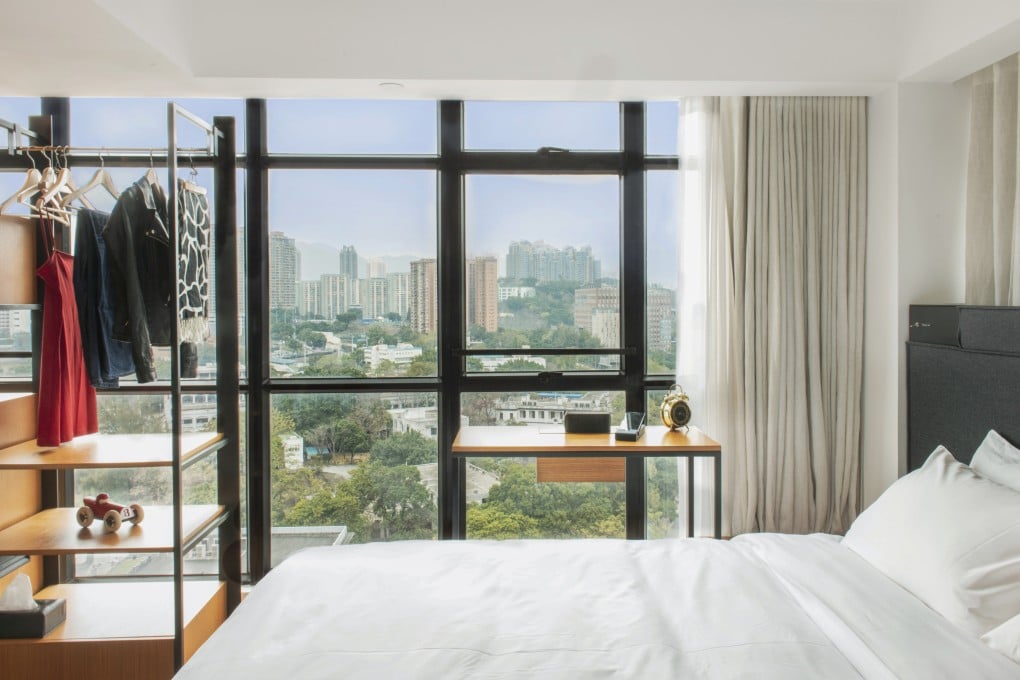Hong Kong co-living operators endure Covid-19 hit, invest in capacity while awaiting open borders, end of quarantine
- Rents for co-living units have declined by as much as a quarter over the last three years, with occupancy rates stuck at 60 per cent since last year, analysts say
- Operators remain optimistic about the sector and are expanding capacity both locally and overseas

Operators of co-living spaces in Hong Kong, who have endured more than two years of lower rents and suppressed occupancy rates because of the Covid-19 pandemic, remain optimistic about the segment’s prospects.
Rents for co-living units – which typically offer a private bedroom along with communal living spaces, without a long rental contract – have declined by as much as a quarter over the last three years, according to one analyst. Another says 40 per cent of co-living units in Hong Kong have been unoccupied since last year. Yet operators are investing both overseas and in the local market, and some see demand in Hong Kong already picking up.
“Without a solid schedule of full border reopening, it will continue to discourage MNCs [multinational companies] from sending their staff to Hong Kong, as well as both business and leisure travellers,” Wong said. “Currently the co-living segment is heavily relying on local-driven demand.”

Even the Hong Kong government’s reduced quarantine requirements for international arrivals – down from 21 days earlier in the pandemic to three days of hotel stay plus four days of at-home surveillance now – are unlikely to boost demand for the segment, he said.
